START-UP LAW
Imagine this: You’ve poured your passion, time, and resources into building a groundbreaking start-up, yet one overlooked legal detail could bring it all crashing down. In the ever-evolving world of entrepreneurship, understanding Start-Up Law – a legal framework specifically designed for start-ups – is not just a safety net; it’s your secret weapon. From investment agreements to intellectual property protection, the right legal knowledge can turn risks into opportunities and obstacles into stepping stones. Today’s digital entrepreneurs need more than just marketing; they require legal insights that strengthen growth, safeguard innovation, and nurture lasting success. Let’s unravel the foundations of Start-Up Law so your business is built not just to launch, but to endure.
What is a Start-Up?
A newly established company is typically designed to develop a unique product or service, often aimed at disrupting traditional business models and bringing it to the market. The entrepreneurs behind these ventures usually identify unmet needs or specific problems and address them using creative, innovative solutions. In highly competitive sectors, start-ups stand out by prioritizing innovation, scalability, and rapid growth, which are essential for long-term success. These companies often seek investment to support product development, market entry, and business expansion, recognizing that external financing can accelerate their journey. By focusing on originality and adaptability, start-ups play a crucial role in driving economic progress and shaping the future of the business world.
Protection of Ideas
Protecting your idea ensures it remains uniquely yours and prevents unauthorized use by others. Implementing legal protections such as patents, trademarks, or copyrights can significantly strengthen the security of your innovative concepts. When sharing your concept with partners or investors, maintaining confidentiality through Non-Disclosure Agreements (NDAs) is crucial. Carefully monitoring the market for potential infringements also allows you to take timely action to defend your intellectual property. By prioritizing these strategic steps, you not only maintain control over your creation but also establish a solid foundation for the sustainable growth of your startup in a competitive environment.
Trademark Registration
Securing trademark registration is a fundamental step in protecting the unique identity of your brand. It not only grants you the exclusive right to use your name and logo but also sends a clear message of legitimacy and trust to your customers. By registering your trademark, you gain powerful legal tools to prevent unauthorized use or imitation by third parties, which is especially important in crowded and competitive markets. A registered trademark helps distinguish your business from competitors and can significantly enhance your reputation. Over time, this legal protection transforms your brand into a valuable asset – one that safeguards everything you’ve worked to build while supporting your company’s growth and expansion. Investing in trademark registration is more than a formality; it is a strategic move that strengthens your business for the future.
Obtaining a Patent
Obtaining a patent provides exclusive rights over your invention, effectively preventing others from using, selling, or manufacturing it without permission. The application process requires detailed documentation and must be formally submitted to the relevant authorities, demanding both precision and strategic planning. A patent can significantly strengthen your market position by protecting your innovation and making your venture more attractive to potential investors or strategic partners. Regularly monitoring your patents and ensuring timely renewals is essential to maintain legal protection and maximize commercial benefits. In today’s competitive environment, treating patent management as an ongoing responsibility rather than a one-time event is key to sustaining your venture’s growth and competitive advantage.
Can software be patented?
Software patents are generally not granted for pure algorithms or lines of code in most jurisdictions; however, notable exceptions exist when a genuine technical innovation is involved. For instance, in Turkey and the European Union, a software invention must provide a technical solution to a technical problem to qualify for patent protection. Businesses seeking to secure a software patent need to clearly demonstrate novelty, inventive step, and industrial applicability in their applications. Guidance from an intellectual property expert who can assess eligibility and assist in preparing a robust patent application becomes highly valuable at this stage. Overcoming these nuanced requirements can transform your software innovation from a mere idea into a legally protected commercial asset.
Contracts for Start-Ups
Açık ve kapsamlı sözleşmelerin hazırlanması, her başarılı start-up yolculuğunun merkezinde yer alır ve kurucuların ve ortakların rollerinin, sorumluluklarının ve karşılıklı beklentilerinin açık bir şekilde tanımlanmasını sağlar. İyi yapılandırılmış iş sözleşmeleri yalnızca fikri mülkiyeti korumakla kalmaz, aynı zamanda kuruluş içindeki gizliliği yönetmek için sağlam çerçeveler oluşturur – sürdürülebilir büyümeyi hedefleyen her yenilikçi şirket için çok önemli bir adımdır. Hizmet ve tedarikçi sözleşmeleri ise ödeme koşullarını, teslimatları ve uyuşmazlık çözüm mekanizmalarını netleştirerek güvenilir ortaklıkları teşvik eder, operasyonel belirsizlikleri azaltır ve ilk günden itibaren güven inşa eder. Yatırımcı anlaşmaları, finansman koşullarını, öz sermaye dağıtımını ve çıkış stratejilerini açıkça detaylandırarak bu yasal temeli daha da sağlamlaştırır ve gelecekte yanlış anlaşılmaların veya yasal komplikasyonların önlenmesine yardımcı olur. Girişimciler bu yasal araçlara erkenden öncelik vererek girişimlerini istikrar, uyumluluk ve son derece rekabetçi bir pazarda uzun vadeli başarı için konumlandırırlar.
Ortaklık Süreçlerinin Hukuki Boyutu
Ortaklık anlaşmalarında her ortağın hak ve yükümlülüklerinin açıkça belirtilmesi, gelecekteki anlaşmazlıkları ve yanlış anlamaları önlemek için çok önemlidir. Ortaklık süreçlerinin meşruiyetini ve sürdürülebilirliğini sağlamak için hem yerel hem de uluslararası düzenlemelere yasal uyum öncelikli olmalıdır. Bu anlaşmalara tahkim hükümleri gibi sağlam uyuşmazlık çözüm mekanizmalarının dahil edilmesi, ortaklara iş sürekliliğini tehlikeye atmadan olası çatışmaları yönetmek için etkili araçlar sağlar. Durum tespiti ve uygun dokümantasyon, yalnızca tüm tarafların çıkarlarını korumak için değil, aynı zamanda tüm ortaklık yaşam döngüsü boyunca şeffaflığı teşvik etmek için de gereklidir. İşletmeler bu adımları atarak, zorlukların üstesinden gelebilecek ve uzun vadeli büyümeyi destekleyebilecek esnek, işbirliğine dayalı ve yasal açıdan sağlam ortaklıklar için sağlam bir temel atmış olurlar.
Ortaklık Sözleşmesinde Bulunması Gereken Genel Hükümler
Sağlam bir ortaklık anlaşması, ortaklığın amacını, operasyonel kapsamını ve üstlenilecek belirli iş faaliyetlerini açıkça tanımlayarak başlar. Her ortağın sermaye katkıları, ilgili kâr paylaşım oranları ve mali sorumluluklarının kapsamı, belirsizliği ve gelecekteki anlaşmazlıkları önlemek için açıkça belirtilmelidir. Karar alma prosedürleri, yönetişim yapısı ve iyi ifade edilmiş uyuşmazlık çözüm mekanizmaları, sorunsuz ve verimli bir yönetim için bel kemiği görevi görür. Ortaklık yaşam döngüsünün tüm aşamalarının şeffaf, adil kurallarla yönetilmesini sağlamak için ortak kabulü, gönüllü veya gönülsüz çekilme, fesih ve varlık ve yükümlülüklerin ele alınması için şartları ele almak da aynı derecede hayati önem taşımaktadır. Bu temel hükümleri entegre ederek, kurucular güvenle istikrarlı, esnek bir temel oluşturabilir, riskleri en aza indirebilir ve uzun vadeli işbirliğini teşvik edebilir.
Sözleşmelere Eklenebilecek Özel Hükümler
Sözleşmelerin özel hükümlerle uyarlanması, özellikle gizlilik ve veri koruma gibi benzersiz iş ihtiyaçlarının ele alınması söz konusu olduğunda, start-up’ınızın yasal çerçevesini önemli ölçüde güçlendirebilir. Uyuşmazlık çözüm yöntemleri ve yetki alanlarıyla ilgili özel hükümler, daha sorunsuz bir çatışma yönetimine olanak tanıyarak anlaşmazlıkların momentumunuzu raydan çıkarmamasını sağlar. Ödeme koşullarının, cezaların ve teşviklerin özelleştirilmesi, tüm tarafları yükümlülüklerini derhal yerine getirmeleri için daha fazla motive eder ve operasyonel güvenilirliği artırır. Fikri mülkiyet hakları ve kullanımına ilişkin açıkça ifade edilmiş kurallar, kayıtlı varlıklarınızın korunmasında, yanlış anlaşılmaların önlenmesinde ve rekabet gücünüzün korunmasında hayati bir rol oynar. Bu hedeflenen maddeleri entegre ederek, yalnızca potansiyel zorlukları ele almakla kalmayıp aynı zamanda uzun vadeli istikrar ve işbirliğini de destekleyen proaktif bir temel oluşturursunuz.
Start-up’ın Şirketleşme Süreci
Understanding legal entity options is a critical first step for start-ups aiming to formalize their business structures. Registering your start-up with the relevant authorities not only builds trust among partners, customers, and investors but also unlocks access to essential contracts and financing opportunities. Establishing a solid corporate governance framework serves as a cornerstone for sustainable growth and regulatory compliance, allowing your venture to adapt and evolve over time. Implementing transparent financial systems and meticulous documentation streamlines daily operations while providing the necessary scalability as your company grows. In short, these fundamental legal and operational decisions are key to unlocking lasting success and credibility for an ambitious start-up.
The Impact of Competition Law on Start-Ups
Competition law plays a crucial role in shaping how newly established companies enter the market and develop their competitive strategies, including pricing and collaboration efforts. Navigating antitrust regulations is essential not only to avoid heavy penalties but also to ensure sustainable growth alongside established competitors. By adhering to competition law, start-ups create a level playing field that prevents monopolistic behavior, promotes fair market access, and ultimately fosters innovation. Furthermore, a clear understanding of these regulations helps start-ups build trust with investors and partners by demonstrating ethical and lawful business practices. Embracing compliance is not merely a legal obligation; it is a strategic advantage that positions your venture for long-term reliability and success in a dynamic market.
Key Legal Challenges for Start-Ups
Navigating the legal landscape is one of the most pressing challenges for any start-up. Complying with complex company formation and licensing requirements is not merely a formality; it is essential for lawful operations and future growth. Equally critical is the protection of intellectual property—without robust safeguards, innovative ideas can quickly be jeopardized or infringed upon, weakening your competitive edge. Adherence to labor laws and employment regulations is also vital, as missteps in this area can lead to costly legal disputes or penalties. Strong data privacy and cybersecurity policies are no longer optional; customers expect their information to be handled with care, and regulatory bodies act swiftly when breaches occur. By proactively addressing these legal hurdles, start-ups can establish a secure foundation for sustainable success in today’s dynamic market.
In summary, navigating the legal framework is not merely a checkbox for start-ups; it is a strategic cornerstone for building a resilient, trustworthy, and scalable business. From protecting your innovative ideas to registering your trademark, from drafting solid contracts to understanding partnership obligations, each legal step strengthens your credibility and safeguards your interests in an extremely competitive market. Proactively addressing intellectual property, partnership structures, and industry-specific regulations not only prevents costly disputes but also positions your venture as a reliable partner for investors, collaborators, and customers.
While risk is a part of every entrepreneurial journey, it doesn’t have to include avoidable legal pitfalls. Equip your venture with the right legal tools, embrace compliance, and foster a culture of transparency. By doing so, you not only protect your business but also empower it to thrive in the digital age. Are you ready to leave your mark with confidence? Let’s lay the legal foundations for your next big idea together.
Reliable Legal Solutions, Professional Support.
Why Choose Us?
Uzman Hukuk Ekibi: Alanında uzmanlaşmış avukatlarımız, müvekkillerimize geniş bir hukuki perspektiften danışmanlık hizmeti sunar.
Çözüm Odaklı Yaklaşım: Hukuki zorluklara çözüm odaklı yaklaşarak, etkili ve sürdürülebilir çözümler üretiriz.
Müvekkil Memnuniyeti: Müvekkillerimizin memnuniyeti ve ihtiyaçları bizim için önceliklidir. Her durumda müvekkillerimize özel çözümler sunarız.
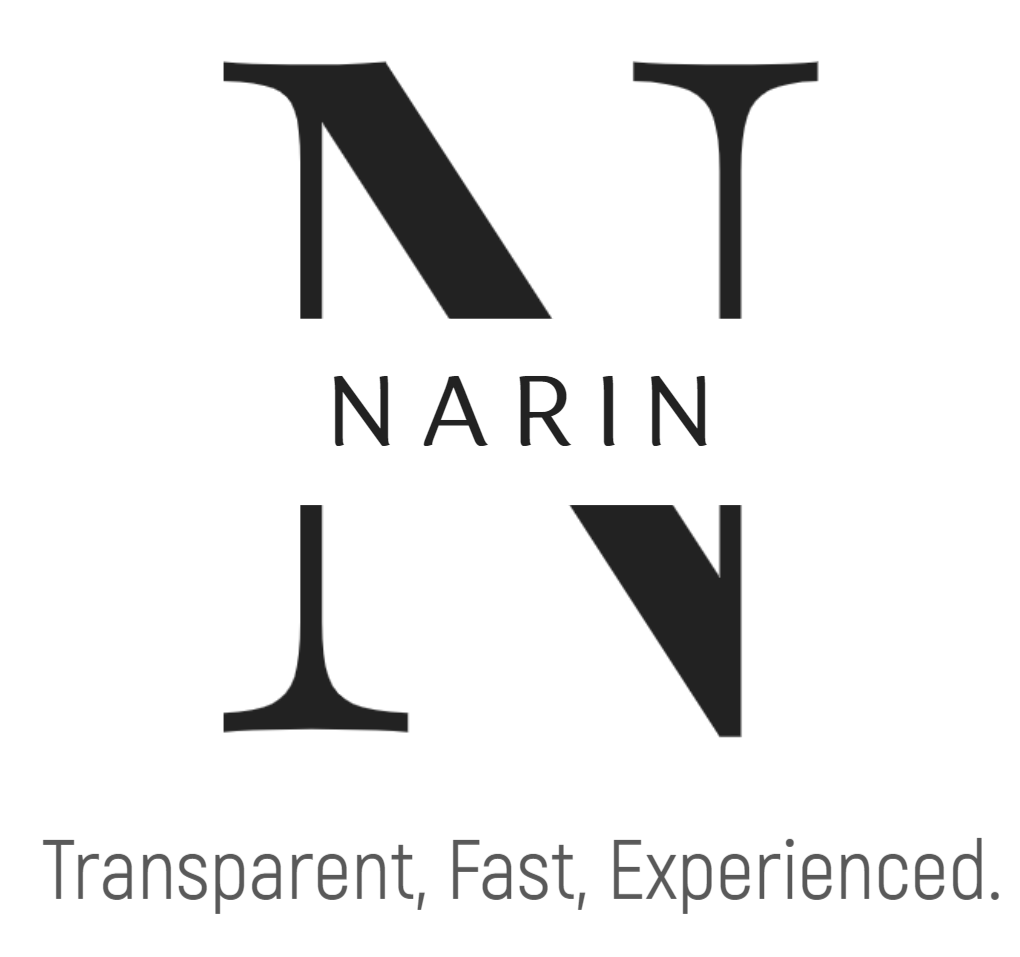
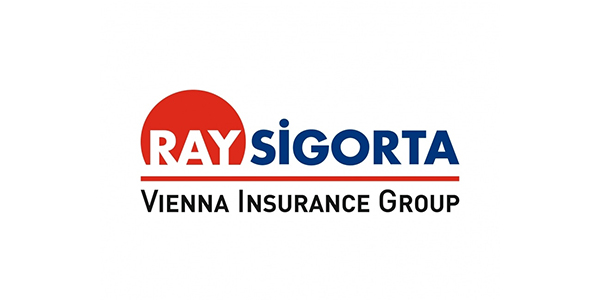

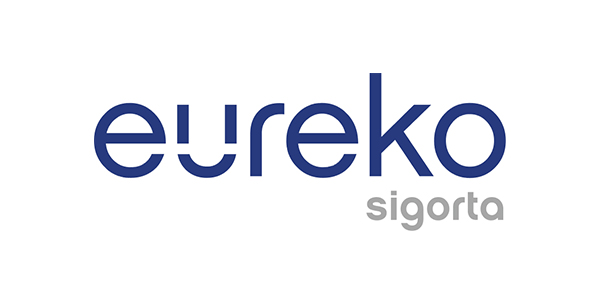
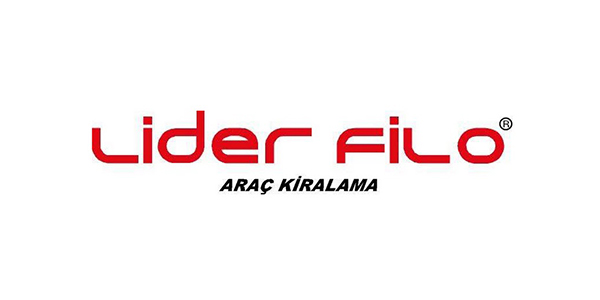
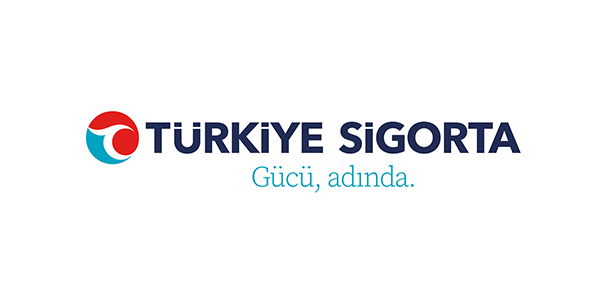
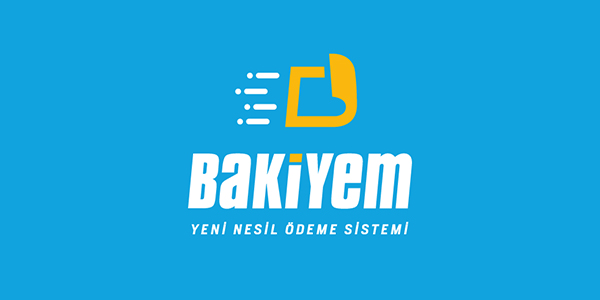

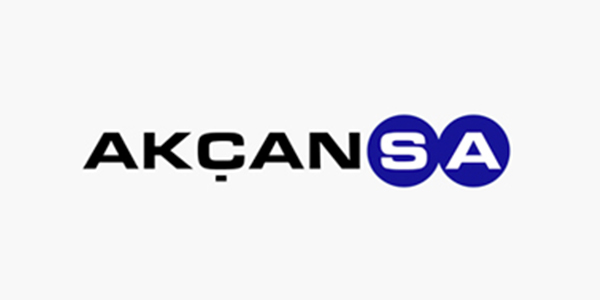
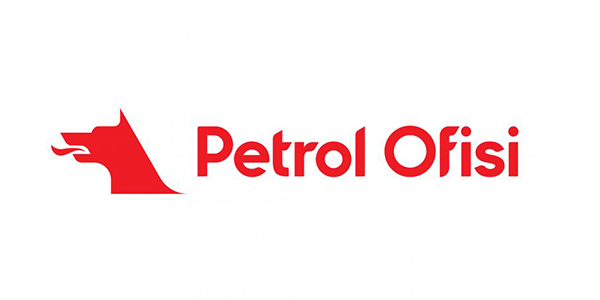
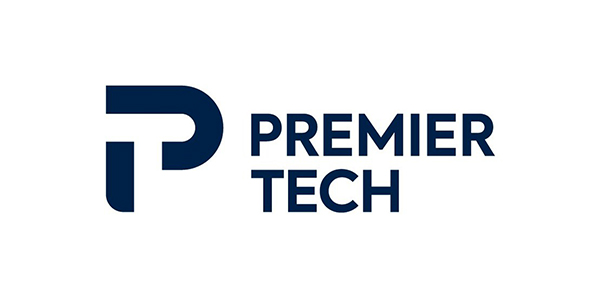
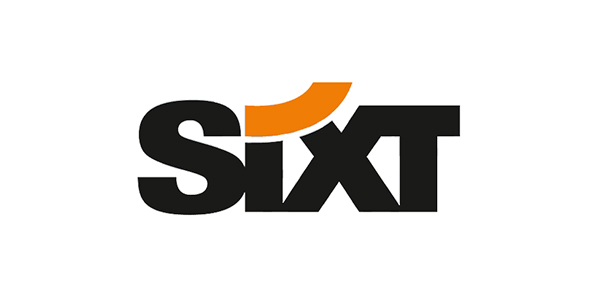
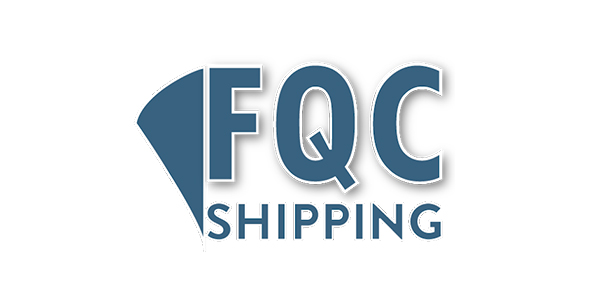
“Hukuki sorunlarınızda size güçlü ve profesyonel bir destek sunmak için buradayız. Narin & Partners olarak, müvekkillerimizin hukuki ihtiyaçlarına cevap vermek ve onları güçlendirmek için kararlılıkla çalışıyoruz.”